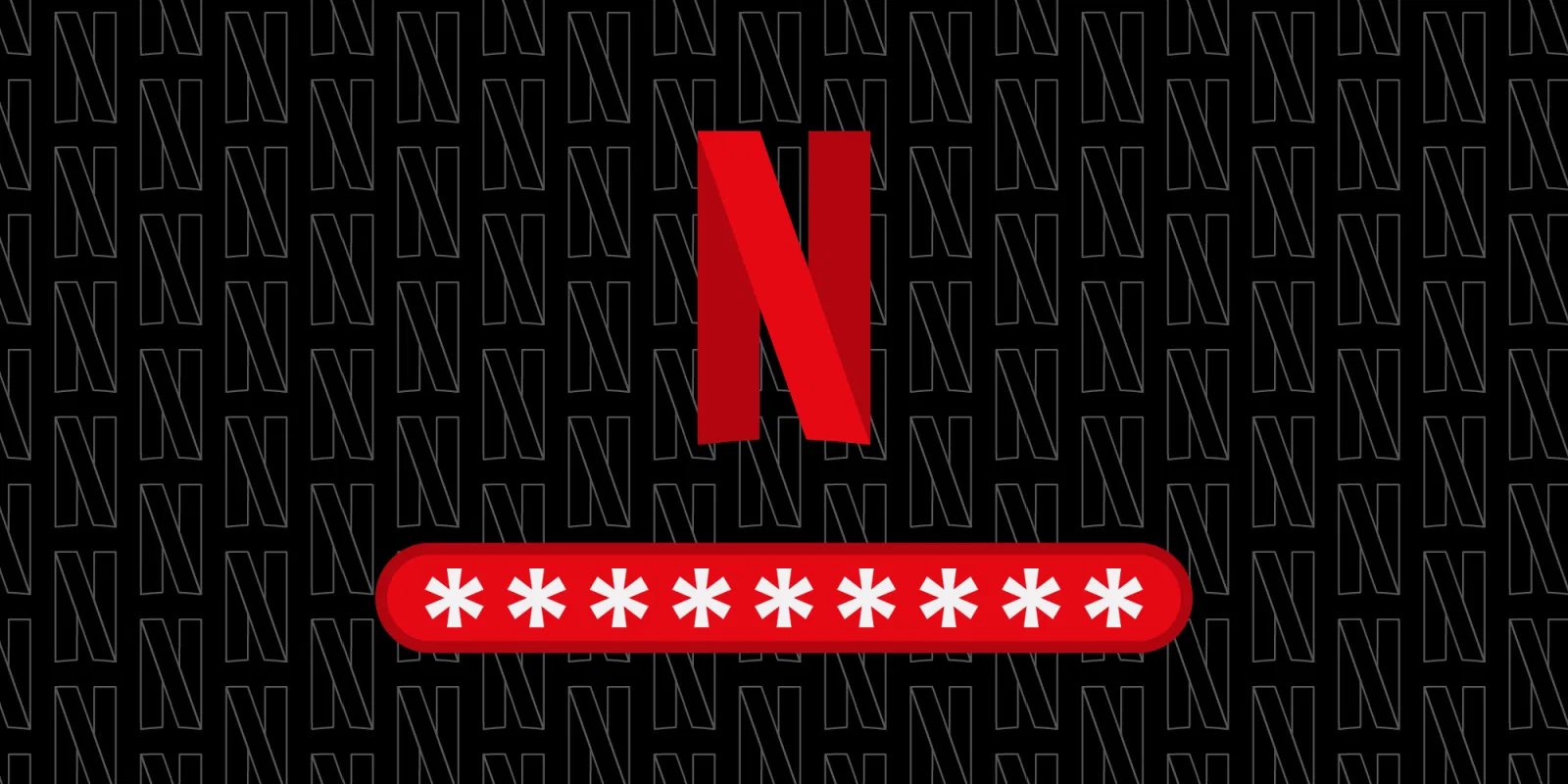Jake Moore, Security Specialist at the International Cyber Security Company ESET advises on why you should keep the password on streaming platforms like Netflix for yourself.
If someone asked us to give them our email password, probably the vast majority of us would spontaneously answer "no way!"... But when it comes to subscription services like Netflix, the Amazon Prime and Spotify (content streaming platforms or otherwise "streaming services") sharing passwords is very common.

It may sound innocent, but when we share it password in streaming services, then things start to become alarmingly dangerous as the risk of account breaches increases.
Recently, Jake Moore, Security Specialist at cybersecurity company ESET, conducted a survey on his personal Twitter account and received over 2.700 responses on how people deal with password issues.
Sharing passwords
The first thing Moore asked participants was which subscription services streaming they use. The two most popular services were Amazon Prime (50%) and Netflix (47%). YouTube TV was in third place with 28% and Spotify in fourth place with 23%. Other services occupied the remaining positions, including Now TV, Disney + and Sky.
He then asked them if they shared these services with anyone else. It turned out that 60% of people share their accounts with at least one other person, such as family members and friends, while one in three share streaming services with two or more other people.
He then asked them how they gave these people the password to the streaming service. Surprisingly, more than 1 in 5 people gave the password orally, while 7,5% sent the password via text message or email. The vast majority of people who shared the password (30,7%) typed it themselves, being careful not to be seen by those around them.
In other words, more than a quarter of people have given their passwords to someone else and often there is also some kind of written file. And well when you know the person you gave the file to, but what happens when that person then gives the password to someone else on their own initiative? For example, your teenage son or daughter could share family account codes with a friend.
In addition, almost 1% of the people surveyed have lost touch with one or more people with whom they share the streaming service they use. For example, with an ex-partner or a friend they no longer see.
The problems do not stop here…
The most worrying research finding What Security Expert at cybersecurity company ESET did on Twitter is that 14% of users use the same password on multiple online accounts, which means their accounts can become an easy target for cybercriminals.
It is a very bad idea to use the same password on different accounts even if this password is complex, eg: "Afeg45t3 @ 4DFew / 15f] [_} 1".
Such complex passwords may be stronger against attacks where hackers use social engineering and open source research to work out your password… but even so, by using the same password anywhere on the Internet, you increase your risk of becoming a victim of a cyberattack.
Try using a password phrase. It's very simple.
In case you want to give the password to your streaming services to someone of your own, Moore's advice is to use a password phrase that consists of at least three random words with some punctuation or numbers to separate the words. This will make you remember the password phrase.
Another good idea is to change the streaming service passwords once a year. This way anyone who has gained access to the streaming service in the last year without knowing it will no longer have access.
You have heard of the so-called Password Managers password managers;
But if you use different passwords for each of your accounts, and you think you may not remember them all, then you can save them to a password manager.
Choose one password manager, and enter the passwords. When you want to use a password you do not remember, you can enter the password manager and find your passwords.
The truth is that Moore's research on Twitter showed that only 26% of respondents use password manager. It is amazing that so few people use a password manager, even though it could make their lives not only easier but also much more secure.
Working from home due to the measures to deal with the pandemic signalmeant that we had to adapt to a new lifestyle and consequently a new set of practices in our new home office environments.
If there is one thing you can do today, download a trusted password manager and install it on smartphone, το tablet και τον φορητό υπολογιστή σας. Αυτά τα tools they are very strong and you will be the only one with access, keeping potential hackers away from the passwords.





